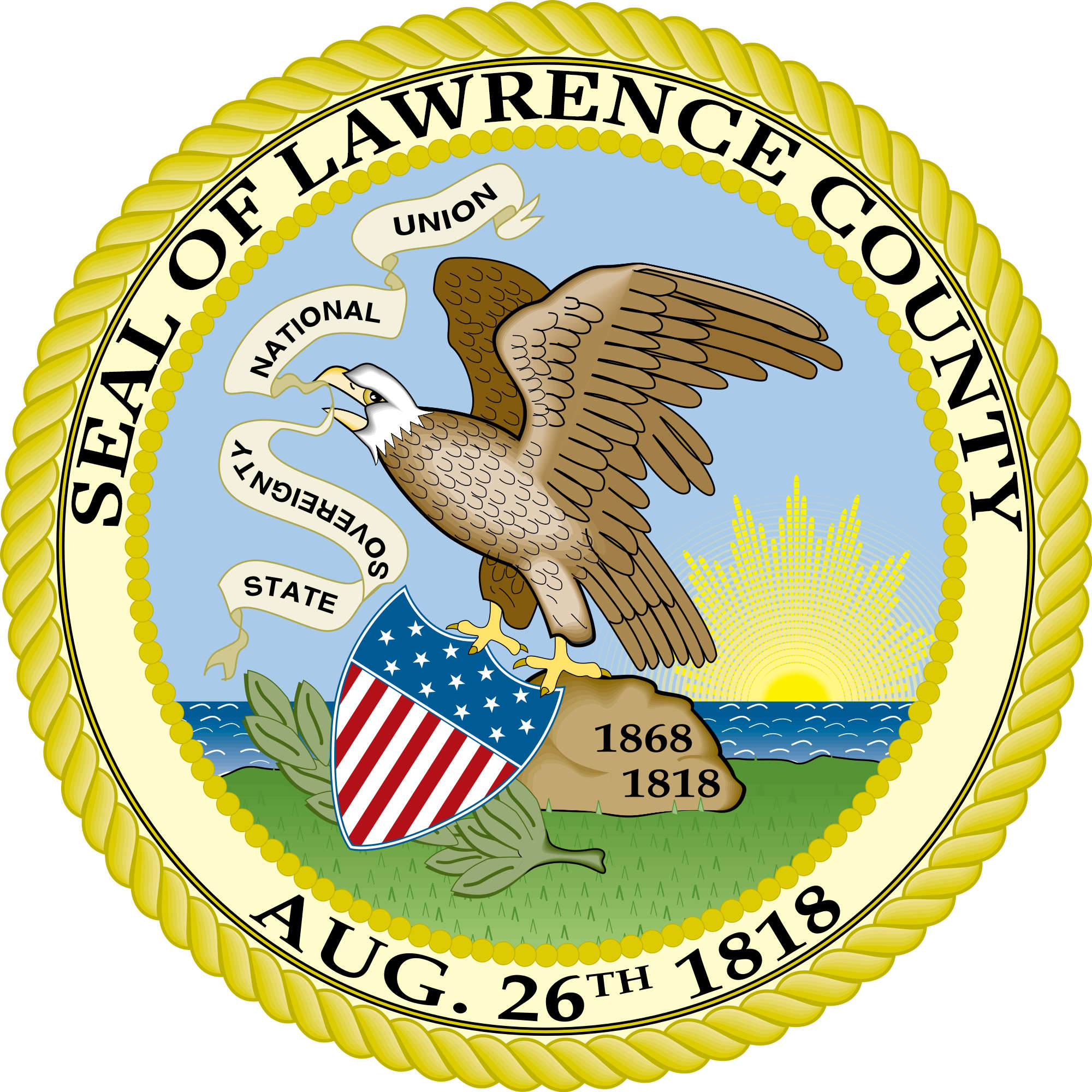
Marshall County Auditor Angie Birchmeier explained in the third article of the series an overview of the relationship between the auditor and the commissioners.
The fourth article in this series will explore the relationship between the county auditor and the county treasurer.
The treasurer, like the auditor, is a constitutional officer and the powers of the office are established by the Indiana Constitution. The treasurer is responsible for collecting property taxes semi-annually as well as managing the cash balances of the county. The auditor is responsible for the funds ledger and is the official record of the finances of the county.
The auditor’s office calculates the property tax statements annually as well as applies deductions and adds drainage assessments. Once calculated, the information is uploaded to the State Department of Local Government Finance (DLGF) and the State Comptroller for their review.
After approval, any mowing/weed/sewer liens or additional fees that need to be added to specific property tax parcels are added and mailing addresses are updated. Upon completion of those processes, the information is then sent to the treasurer’s office to apply any advance payments then process for printing and mailing no later than April 15 of each year with the first installment due May 10 and the second installment due Nov. 10 by statute.
The treasurer collects all the property taxes due and payable for each installment, then works with the auditor’s office for semi-annual settlement. The property taxes collected are for all units of local government within Marshall County per the budget order issued by the DLGF annually based on the submitted budgets and maximum levy (maximum amount of property tax) that can be collected. Once the treasurer certifies the collection for the spring or fall accordingly, the information is passed back to the auditors’ office to process.
Prior to settlement, which occurs each June and December, the treasurer holds the funds on their cashbook until the money is receipted into the funds in the auditor’s ledger. Unlike the daily receipts that are receipted into the fund and the cash deposited, the property taxes are collected, deposited and accounted for on the treasurer’s cashbook until settlement. During the settlement process, there is a receipt for the entire amount collected during that installment, which is receipted into the settlement fund, then disbursed to the local units of government as well as to the county levy funds.


 Strong storms roll through region
Strong storms roll through region
 GSH approves 2026 budget
GSH approves 2026 budget
 Sumner boil order ends, trash pickup delayed
Sumner boil order ends, trash pickup delayed
 IDNR revises waterfowl zone
IDNR revises waterfowl zone
 Two Lawrence County men charged
Two Lawrence County men charged
 2026 Miss Illinois County Fair Pageant coming in January
2026 Miss Illinois County Fair Pageant coming in January
 Unit #20 Board hears about heat and new athletic facility proposal
Unit #20 Board hears about heat and new athletic facility proposal
 Indiana's state parks offer New Years Day events
Indiana's state parks offer New Years Day events
 Parkview hosts annual school spelling bee
Parkview hosts annual school spelling bee
 Crawford County man charged with sex crimes
Crawford County man charged with sex crimes
 Voter registration underway in Lawrence County
Voter registration underway in Lawrence County
 DNR receives regional award for project on former mine land near Pleasantville
DNR receives regional award for project on former mine land near Pleasantville
 Unit #10 Board hosts project open house
Unit #10 Board hosts project open house
 County to assist in Sumner street improvements
County to assist in Sumner street improvements
 BMV announces Christmas and New Year's Day holiday hours
BMV announces Christmas and New Year's Day holiday hours
 Bridgeport boil order lifted
Bridgeport boil order lifted
 Gregg Park project to move forward
Gregg Park project to move forward




